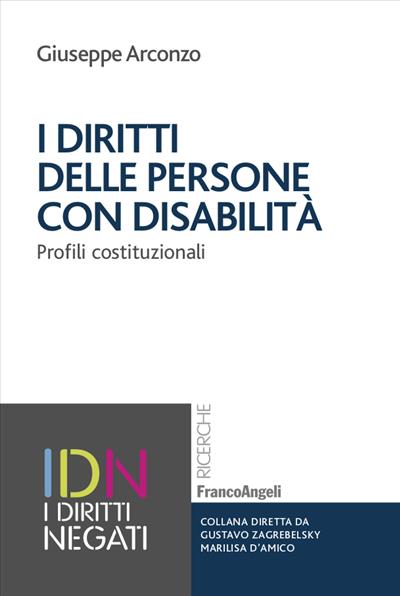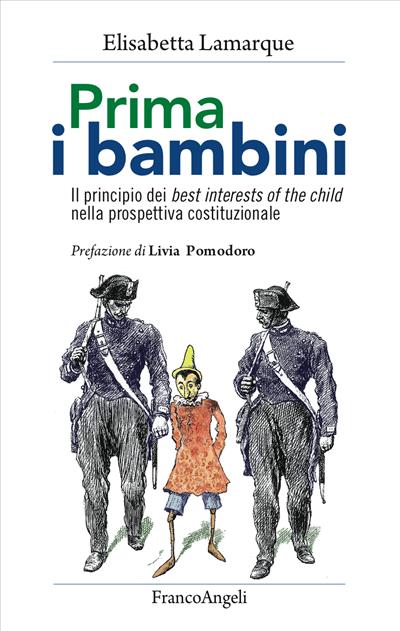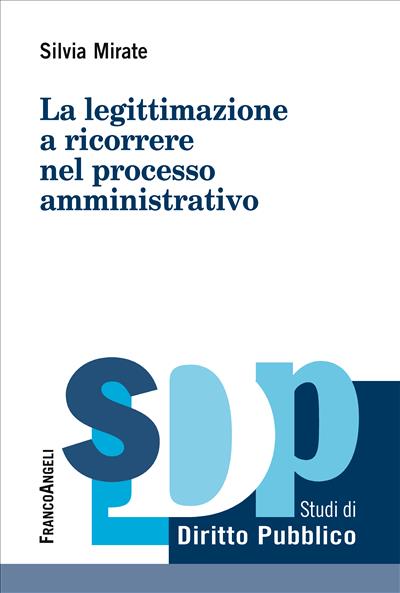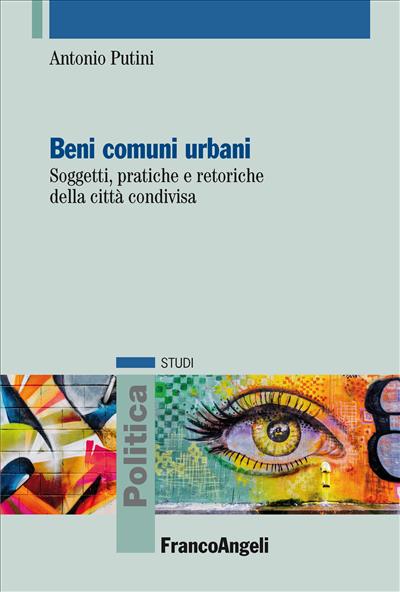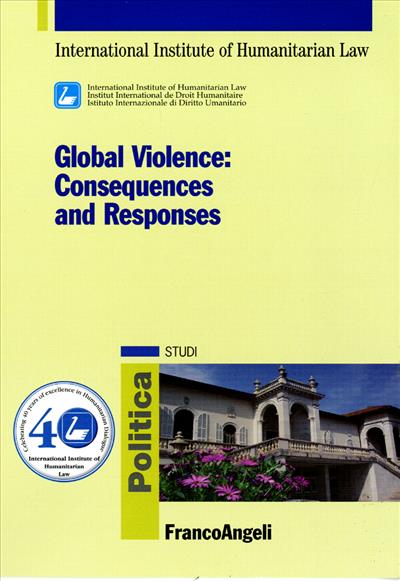
International Institute of Humanitarian Law
A cura di: Marco Odello, Gian Luca Beruto
Global Violence.
Consequences and Responses
Different forms of armed violence (asymmetrical warfare, terrorism) need to be addressed from different perspectives and proper compliance with existing human rights and humanitarian law norms need to be verified. This book contains a series of contributions by legal experts, academics and practitioners on the problem of contemporary forms of “global violence”.
Pagine: 224
ISBN: 9788856837711
Edizione: 1a edizione 2011
Codice editore: 1136.88
Disponibilità: Buona
Pagine: 224
ISBN: 9788856866834
Edizione:1a edizione 2011
Codice editore: 1136.88
Possibilità di stampa: No
Possibilità di copia: No
Possibilità di annotazione: No
Formato: PDF con DRM Readium LCP
